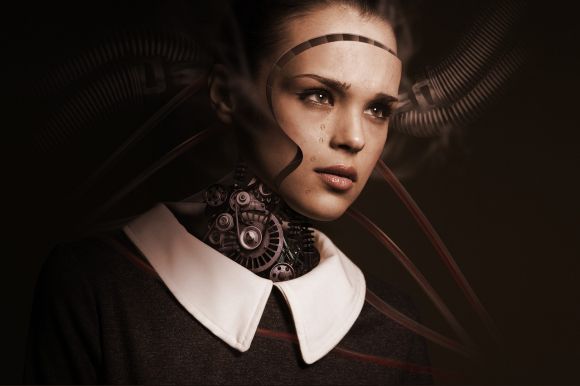Artificial Intelligence (AI) has become one of the most significant technological advancements of our time. Its impact on society is undeniable, with both positive and negative implications. In this article, we will explore the various ways in which AI is transforming our lives and shaping the future.
Enhancing Efficiency in Industries
AI has the potential to revolutionize industries by improving efficiency and productivity. In manufacturing, for example, AI-powered robots can perform repetitive tasks with precision and speed, reducing the need for human labor. This not only increases output but also enhances worker safety by minimizing the risk of accidents.
Furthermore, AI algorithms can analyze vast amounts of data in real-time, enabling businesses to make more informed decisions. This is particularly valuable in sectors such as finance and healthcare, where accurate and timely information is crucial.
Improving Healthcare and Medicine
AI is making significant strides in the healthcare industry, revolutionizing the way we diagnose and treat diseases. By analyzing medical records, AI algorithms can help identify patterns and predict potential health risks. This early detection allows for timely intervention and can potentially save lives.
Moreover, AI-powered robots are being used in surgical procedures, offering precision and accuracy that surpass human capabilities. These robots can perform complex tasks with minimal invasiveness, reducing recovery time for patients.
However, it is important to note that ethical considerations must be taken into account when integrating AI into healthcare. Privacy concerns and the potential for bias in algorithms need to be addressed to ensure the responsible and ethical use of AI in medicine.
Transforming Transportation
The transportation industry is also experiencing a significant transformation due to AI. Autonomous vehicles are being developed, promising to revolutionize the way we commute. These vehicles have the potential to reduce accidents caused by human error, improve traffic flow, and enhance fuel efficiency.
While the prospect of self-driving cars is exciting, there are still challenges to overcome. Safety concerns and the need for robust regulations are critical factors to consider before autonomous vehicles become mainstream.
Changing the Workforce
The integration of AI into the workforce has led to concerns about job displacement. While it is true that certain jobs may become obsolete, new opportunities will also arise. AI will create a demand for skilled professionals who can develop, manage, and maintain AI systems.
Additionally, AI can augment human capabilities, enabling workers to focus on more complex tasks that require creativity and critical thinking. This shift in the workforce will require a new approach to education and training to ensure individuals are equipped with the skills needed to thrive in this AI-driven era.
Ethical and Social Implications
The rise of AI also raises important ethical and social questions. As AI becomes more advanced, questions about privacy, security, and accountability become paramount. Ensuring that AI systems are transparent and accountable is crucial to prevent potential misuse or discrimination.
Furthermore, the impact of AI on social interactions and human relationships cannot be ignored. As AI technologies become more prevalent, it is essential to strike a balance between human interaction and automation to preserve the human connection.
In conclusion, the impact of AI on society is profound and multifaceted. It has the potential to enhance efficiency, improve healthcare, transform transportation, and change the workforce. However, it also poses ethical and social challenges that must be addressed. As AI continues to evolve, it is essential for society to adapt and embrace this technology responsibly to harness its full potential for the benefit of humanity.
